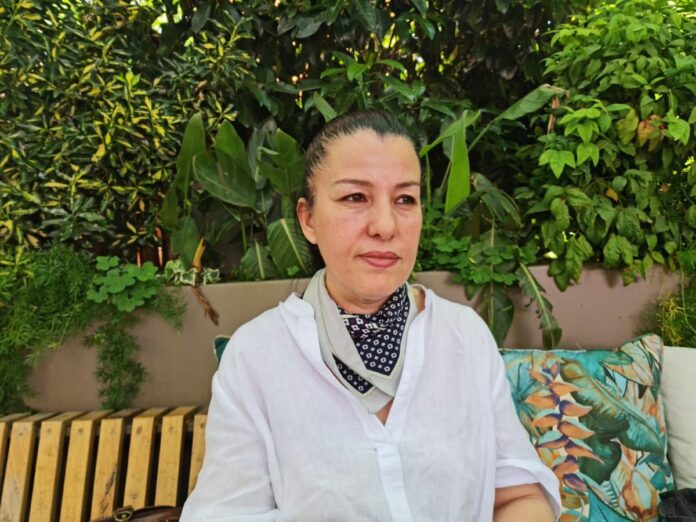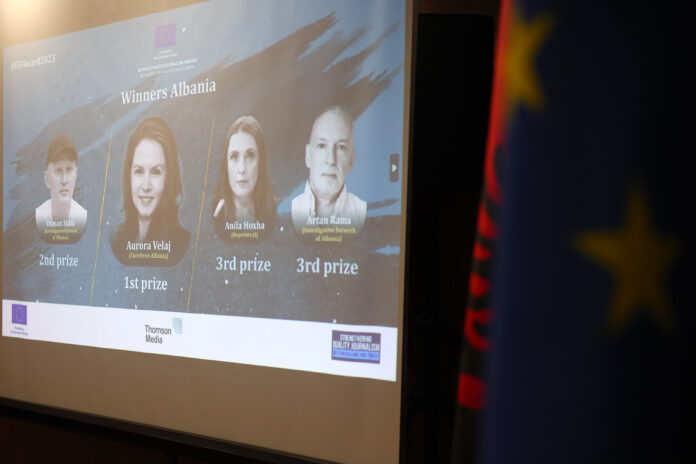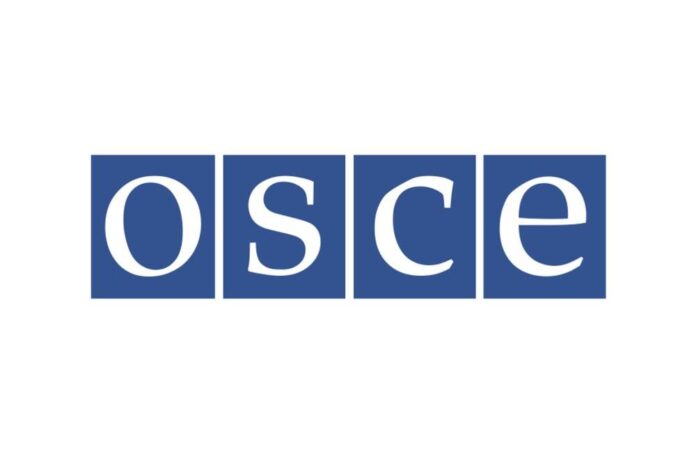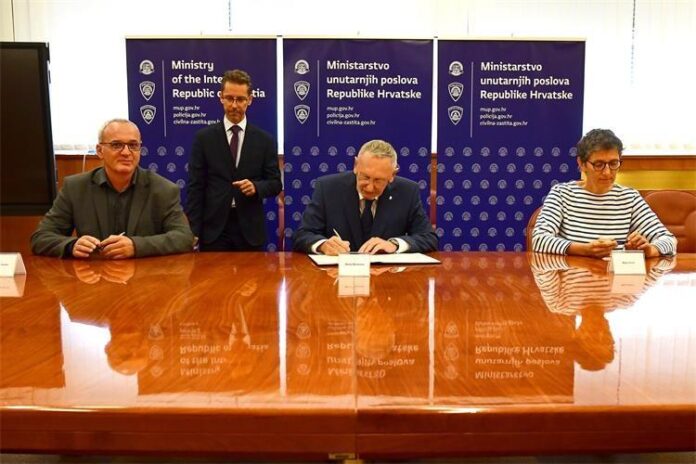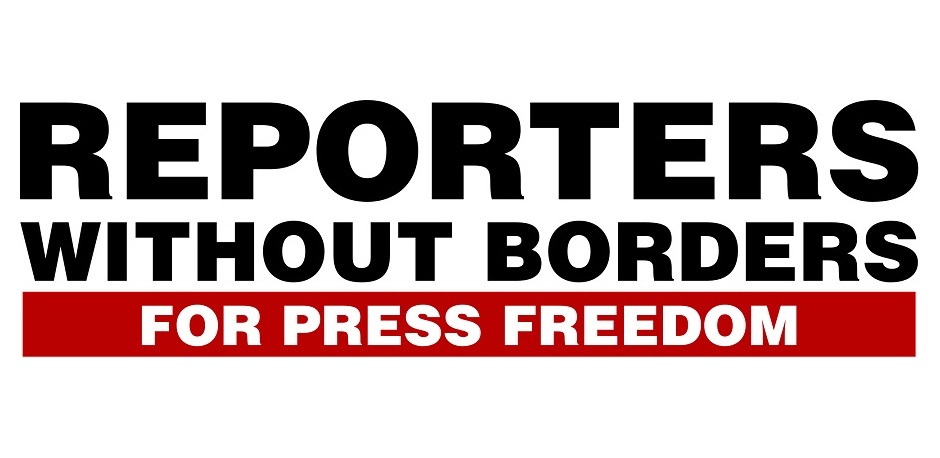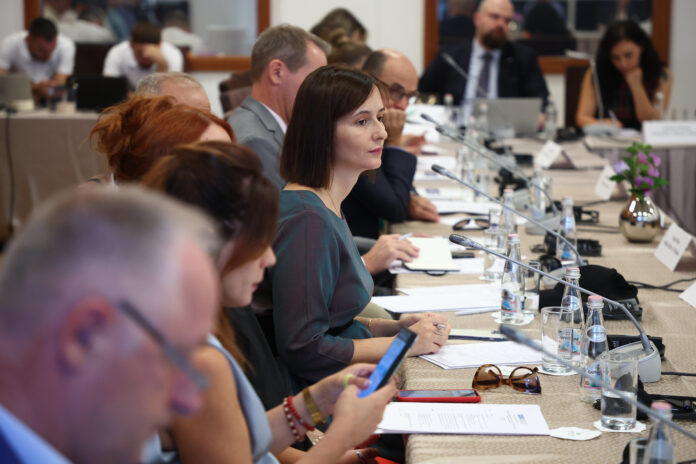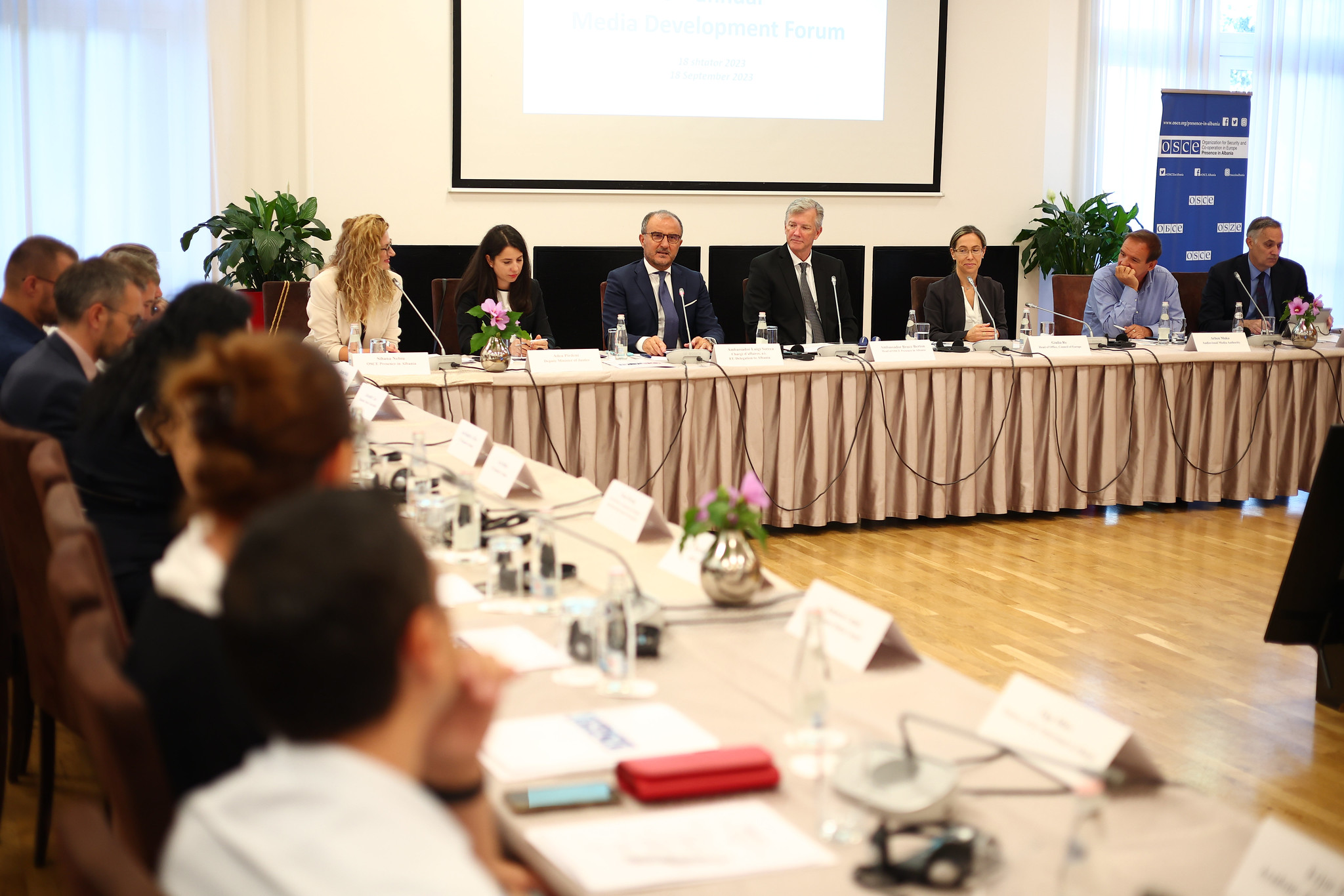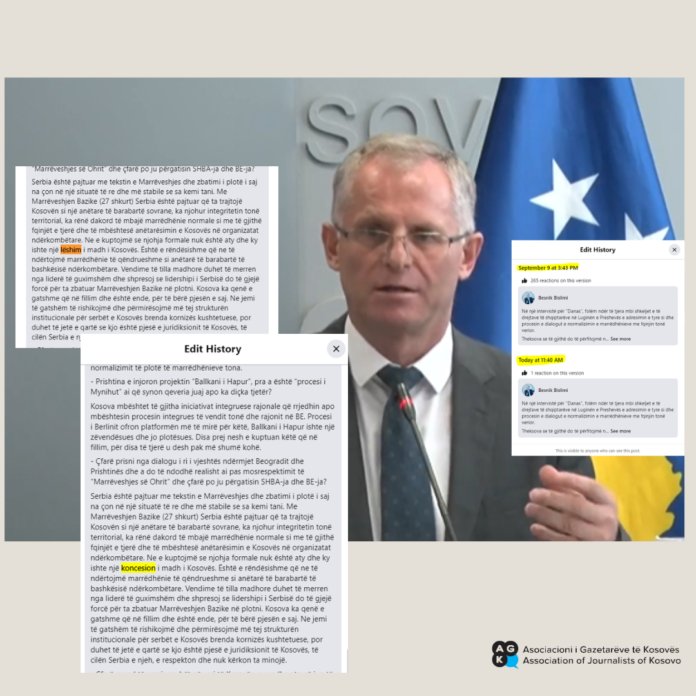A new study takes a look at the trajectory of Albanian media freedom, from its “glorious” days in the 1930s to its nonexistence during communism and the new means of control today.
If the 1930s marked the “most glorious period” in the history of Albanian journalism, almost a century later it faces its “darkest day,” argues Luljeta Progni.
A veteran journalist, Progni is the author of “Albanian Media: The Difficult Journey to Freedom,” a study on the history of journalism in Albania and the result of 18 months of archival research at the National Library.
Progni said that for a brief moment in the 1930s, there was a free exchange of ideas among intellectuals, magazines, and newspapers that ended with World War II and the arrival of communist rule in 1944.
Then, for more than four decades, “there was no dissent,” Progni said in an interview with BIRN, and journalists were imprisoned or executed, labeled as “enemies of the people.”
Today, instead of being free, journalism is suffocated by political and business interests, she said.
“The idea for this study was sparked by my readings out of curiosity about certain authors, journalists from the 1930s in Albania, because I believe it is one of the most glorious times in the history of Albanian media,” Progni said.
“This idea also arose… when I consolidated my opinion that media freedom in Albania is going deeper into its darkest days.”
During communism, there was no real dissent
Progni started to engage in journalism in 1993, not long after the fall of communism and at a time when critical media could finally exist.
But it is the 1930s that remain in Progni’s mind as the days of glory for Albanian journalism.
“The journalists at that time… were generally educated individuals who had established a certain economic existence, which they momentarily abandoned to write and create newspapers, magazines, and publications,” she said.
“The opposite is happening now,” Progni explained. “Today’s media owners are building their businesses in the name of media. And this really saddens me.”
During communism, there was no genuine journalism.
Several journalists were quickly imprisoned or executed after the war. “In the dictatorship, the mission of the journalist ended, and a very important path, like that of the journalists of the 1930s, was cut short,” Progni said.
“And for 46 years, many other journalists were condemned – those who managed to resist for a while, but not because of their dissent, because there was no dissent, but because the regime decided to classify them as ‘enemies of the people.'”
“I did not find any serious attempts to attack the communist regime. It was impossible.”
Journalism, in the traditional sense of the word, did not exist.
“There was no journalistic research, because every article, every word and letter went through all party structures, through all the filters of the dictatorship, and of course through the State Security,” Progni said. “They manipulated people’s minds simply with the achievements of the party during the dictatorship.”
Under the leadership of Prime Minister Edi Rama, in power since 2013, there has been little real improvement in media freedom in Albania. Last year, the country ranked 103rd in the annual Reporters Without Borders ranking, placing Albania at 96th. Reporters Without Borders said that editorial independence “is threatened by partisan regulation” in the country.
“Journalists are victims of organized crime and sometimes police violence, encouraged by the government’s failure to protect them,” RSF wrote.
Journalists critical of the government often face politically motivated attacks aimed at discrediting them, and they often have difficulties accessing information from the state, RSF said.
Progni described the situation as dramatic.
Find the original article here


